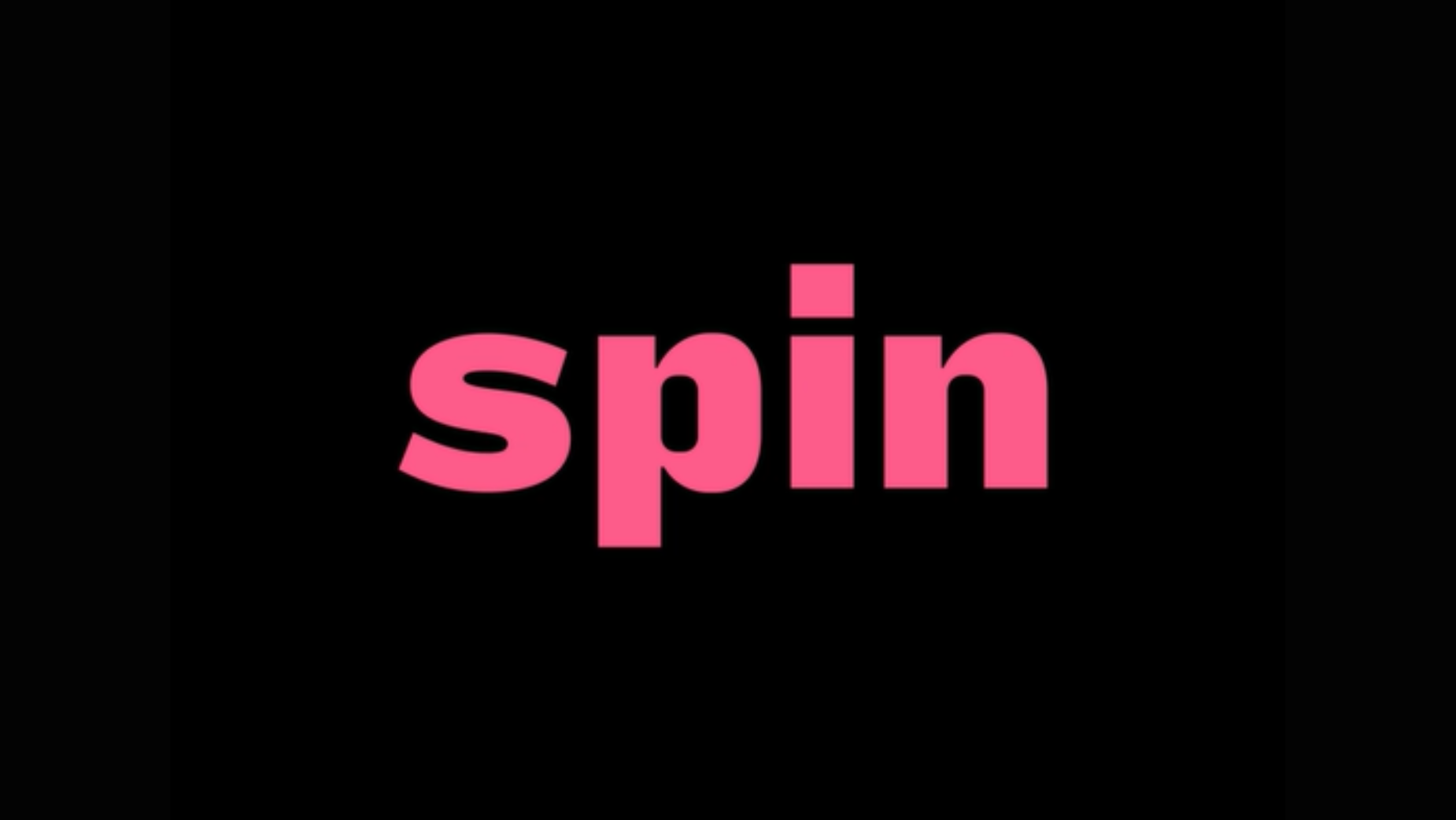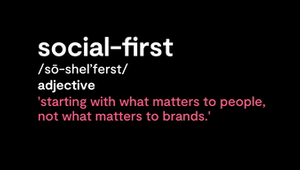
Spin Plants a Flag in the Feed with Social-First Manifesto

London-based creative social agency Spin has released its new ‘Social-First Manifesto’, a 60-second creative statement that aims to reclaim one of marketing’s most overused phrases: social-first.
“The phrase ‘social-first’ has become marketing jargon - everyone uses it, but nobody means it.” said Jake Thompson, Spin’s creative director. “This manifesto is about reclaiming clarity for us and our clients, so we can stop debating definitions and crack on creating work that’s genuinely, unmistakably social-first.”
From Buzzword to Blueprint
The manifesto comes off the back of new industry data from Deloitte and Ogilvy highlighting both the growth and the gaps in social marketing:
● Social budgets grew 9% YoY, but most brands still only achieve 69% of their social objectives (Deloitte Digital, 2025).
● High-maturity brands see 84–87% ROI from creator-led campaigns, compared to just 48% for low-maturity brands (Deloitte Digital, 2025).
● 61% of marketers still treat social as a distribution channel rather than a place to build ideas (Ogilvy Social Media Trends Report, 2025).
“These numbers tell the story,” said Alyssa Drysdale, MD of Spin. “Brands are spending more, but without a social-first mindset anchored in from the brief, essentially they’re paying more to fail faster.”
A Manifesto for the Feed
The film challenges both brands and agencies to stop treating social as an afterthought and instead see it as the starting point for strategy and creativity. In Spin’s words:
“We don’t interrupt. We invite.
We don’t adapt. We originate.
We treat attention like a privilege, and relevance like a responsibility.”
Unlike traditional agency manifestos, this one is unapologetically short, native, and built for the feed: a creative piece designed to feel at home on the very platforms it champions.
Spin is inviting brands, marketers and creatives to rethink what social-first really means in 2025.
“For years, brands and agencies alike have been saying ‘social-first’ without ever defining it,” said Max Wicher, CBO and co-founder at Spin. “It’s been reduced to meaning ‘put it on TikTok’ or ‘resize it for Instagram’ when in reality, it’s a total shift in how brands need to think about, and earn attention.













